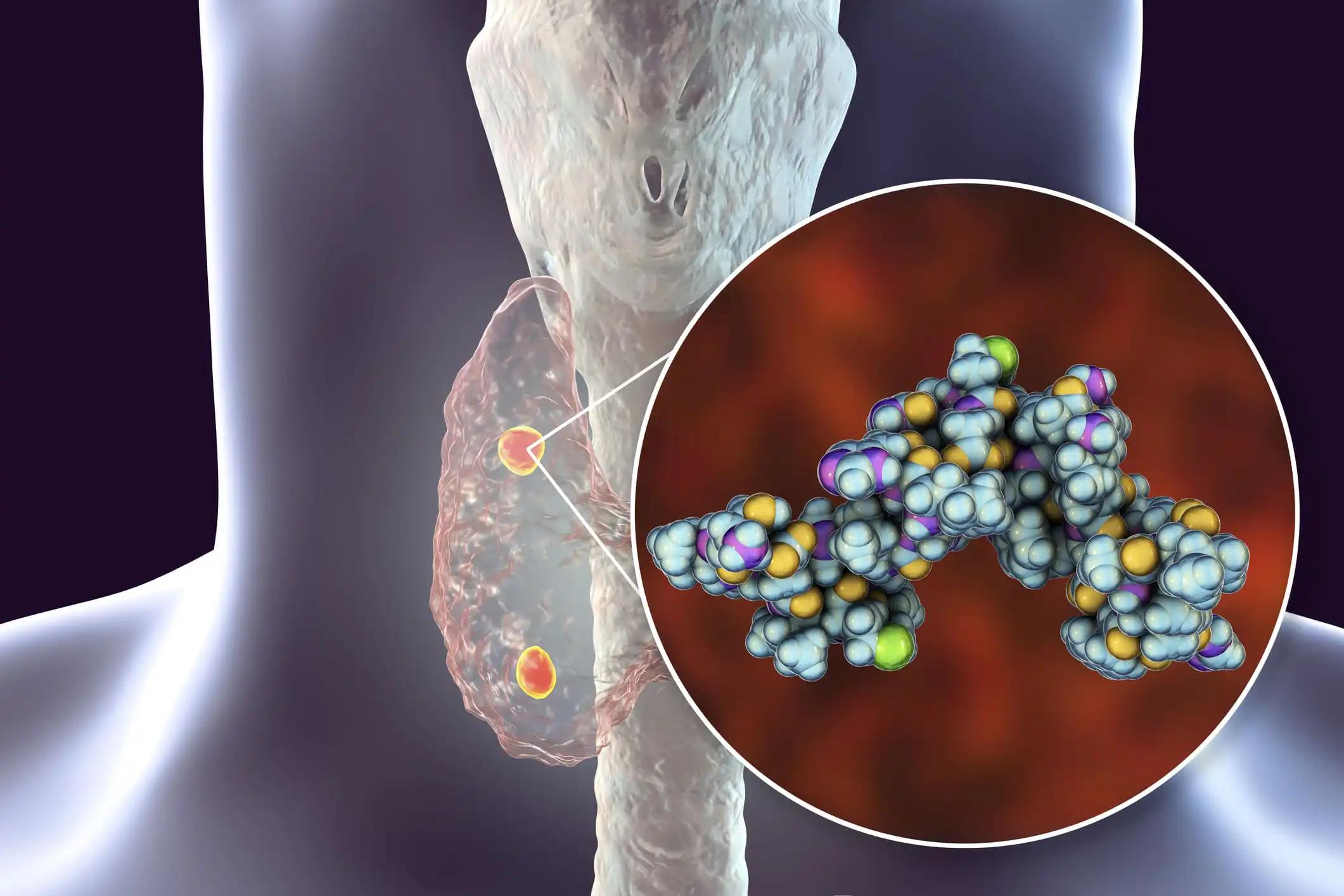KEY TAKEAWAYS
- The CheckMate-577 trial is a phase 3 study investigating adjuvant nivolumab’s efficacy in patients with resected esophageal or gastroesophageal junction cancer.
- Population-based data were used to investigate disease-free and overall survival in a nationwide population, aligned with the inclusion criteria of CheckMate-577.
- The study included 634 patients with resected stage II/III esophageal or gastroesophageal junction cancer treated with neoadjuvant chemoradiotherapy.
- Disease-free survival in the population-based study was considerably longer than the placebo population of CheckMate-577.
- A matching-adjusted indirect comparison was performed to adjust for differences in characteristics between CheckMate-577 and the population-based cohort.
Adjuvant nivolumab treatment for patients with resected esophagus or gastroesophageal junction cancer resulted in a statistically significant improvement in disease-free survival compared with a placebo in the CheckMate-577 trial (22.4 versus 11.0 months). Information on the outcomes of clinical practice can be gleaned from population-based statistics. The study aimed to examine the disease-free and overall survival rates of a countrywide sample of people who met the CheckMate-577 criteria for participation. Patients with resected stage II/III esophageal or gastroesophageal junction cancer who had neoadjuvant chemoradiation in the Netherlands Cancer Registry between 2015 and 2016 were included in the study.
Complete pathological response, irradiation, and patients with cervical esophageal carcinoma were omitted. Kaplan-Meier techniques evaluated progression-free and overall survival beginning 12 weeks following resection. Pathological lymph node and pathological tumor status were also compared using a matching-adjusted indirect comparison to account for potential discrepancies between CheckMate 577 and the researchers’ population-based cohort.
There were 634 patients counted. About 60% of patients had a recurrence diagnosis or had passed away by the end of follow-up. The median time spent alive was 32.2 months, and the median time spent alive without disease was 19.7 months. Following the matching process, the median time to death from any cause was reduced to 17.2 months, and the median time to death from any cause was increased to 28.2 months. In the researcher’s population-based trial, disease-free survival was significantly higher than in the CheckMate-577 placebo group (19.7 versus 11.0 months).
Differences in features, the quality of care for esophageal cancer, or approaches to assessing recurrence may all play a role. While postoperative imaging was routine in the CheckMate-577 trial, it is not usual practice in the Netherlands. The difference in postoperative imaging may account partly for the increased time without disease in researchers’ studies. Esophageal cancer treatment must continue focusing on quality and optimizing existing methods.
Source: https://pubmed.ncbi.nlm.nih.gov/35237351/
Clinical Trial: https://clinicaltrials.gov/ct2/show/NCT02743494
Pape M, Vissers PAJ, Beerepoot LV, van Berge Henegouwen MI, Lagarde SM, Mook S, Moehler M, van Laarhoven HWM, Verhoeven RHA. A population-based study in resected esophageal or gastroesophageal junction cancer aligned with CheckMate 577. Ther Adv Med Oncol. 2022 Feb 26;14:17588359221075495. doi: 10.1177/17588359221075495. PMID: 35237351; PMCID: PMC8883292.



